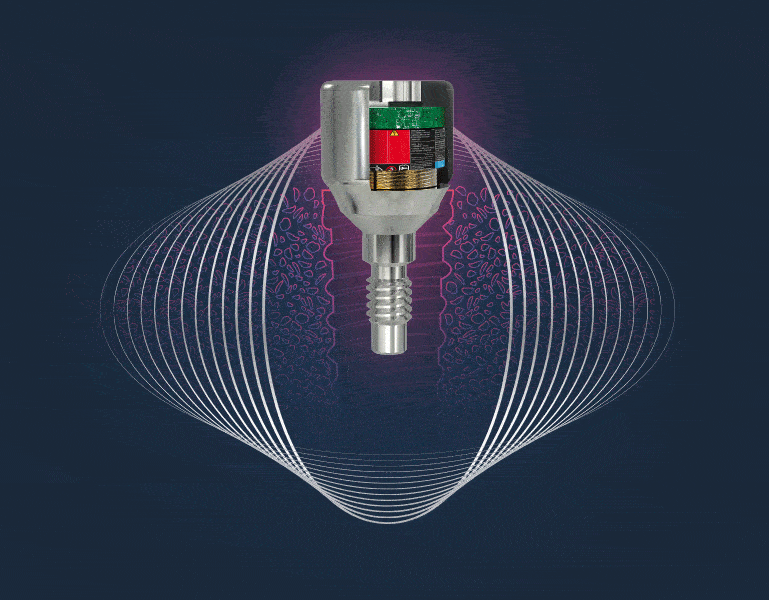A New Era in Reconstructive Peri-Implantitis Therapy: Embracing Challenges and Opportunities
At Magdent, we are always at the forefront of dental innovation, particularly in addressing complex conditions like peri-implantitis. A recent conceptual review published in Clinical and Experimental Dental Research offers fresh perspectives on reconstructive peri-implantitis therapy, highlighting both the challenges and opportunities in this evolving field.
Peri-implantitis, characterized by inflammatory processes affecting the tissues around dental implants, presents significant challenges in dental care. The review underscores the unpredictable nature of reconstructive efforts for lost peri-implant tissues due to the disease. It outlines four interrelated negative conditions that hamper effective reconstruction: inferior tissue perfusion, unfavorable bone topography, ineffective surface treatment, and unstable wounds.
The review emphasizes that peri-implant tissues, often scar-like with reduced cellularity and vascularity, pose difficulties in maintaining primary closure, critical for regeneration. The morphology of bone defects surrounding implants is another key factor, with frequently encountered non-contained defects complicating reconstructive potential.
Current implant surface decontamination methods are deemed insufficient, largely due to inaccessible macrostructures and rough micro-scaled surfaces, which histologically show bacteria aggregation and calcified deposits. Additionally, achieving wound stability remains a challenge due to inherent soft tissue biomechanical quality and quantity deficiencies, as well as mobile bone particulates.
The review suggests novel imaging technologies, such as high-frequency dental ultrasound and laser speckle imaging, to evaluate tissue perfusion, soft tissue quality/quantity, and bone topography pre-surgically. It also proposes the use of the operating microscope for better visualization and removal of etiological factors, along with strategies to improve soft tissue quality, including the control of inflammation and potential use of biologics.
In conclusion, the review calls for a nuanced understanding of the current challenges and opportunities in peri-implantitis therapy. This understanding can lead to more effective preoperative and postoperative care protocols, ultimately improving the success rate of reconstructive procedures.
At Magdent, our focus remains on integrating such cutting-edge insights with our own innovative technologies to enhance patient outcomes in dental implantology. We are committed to staying abreast of the latest research and clinical practices to ensure the best possible care for our patients.
For more information on our products and how they align with these latest findings, please visit our website: Magdent.
